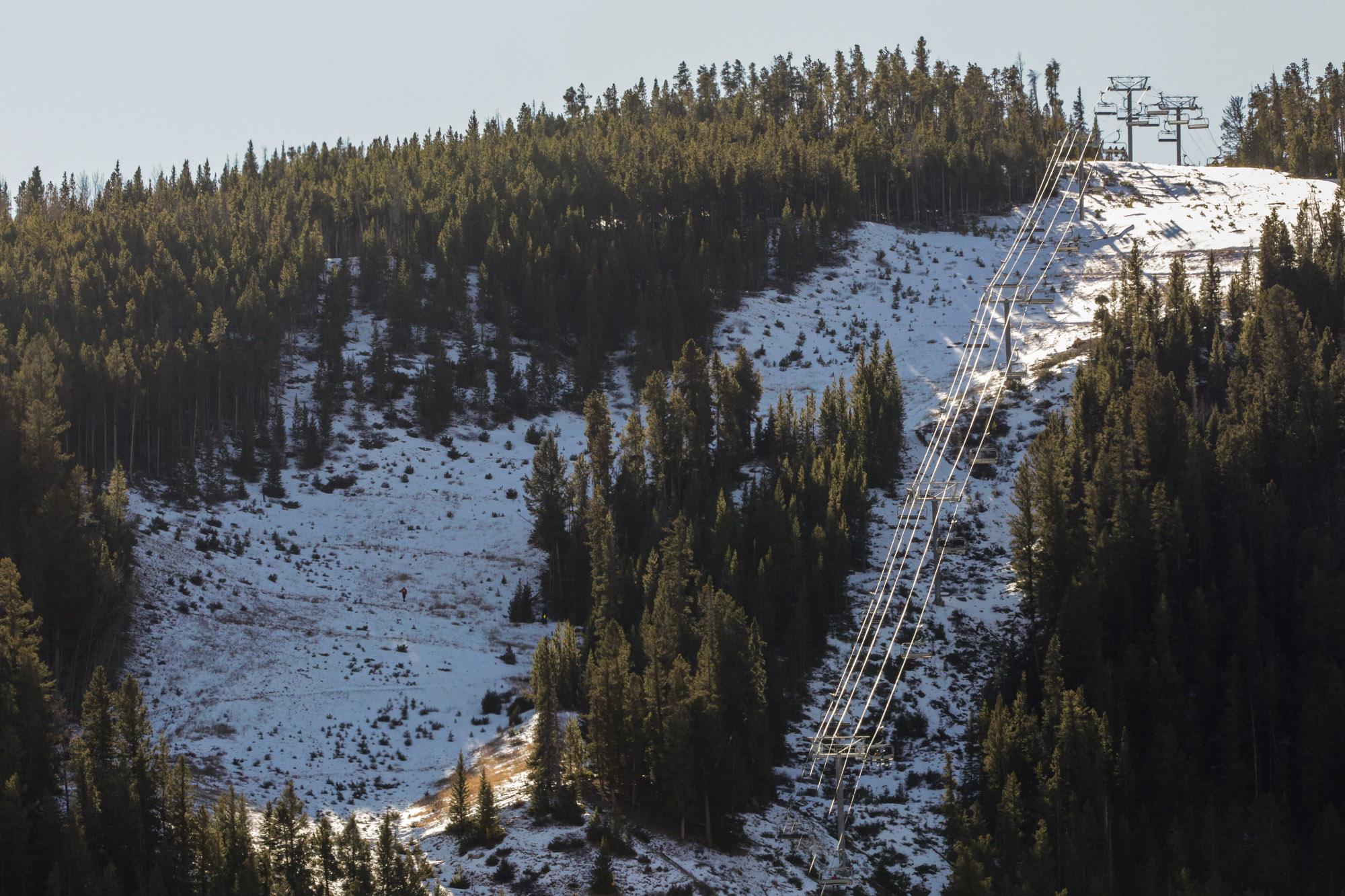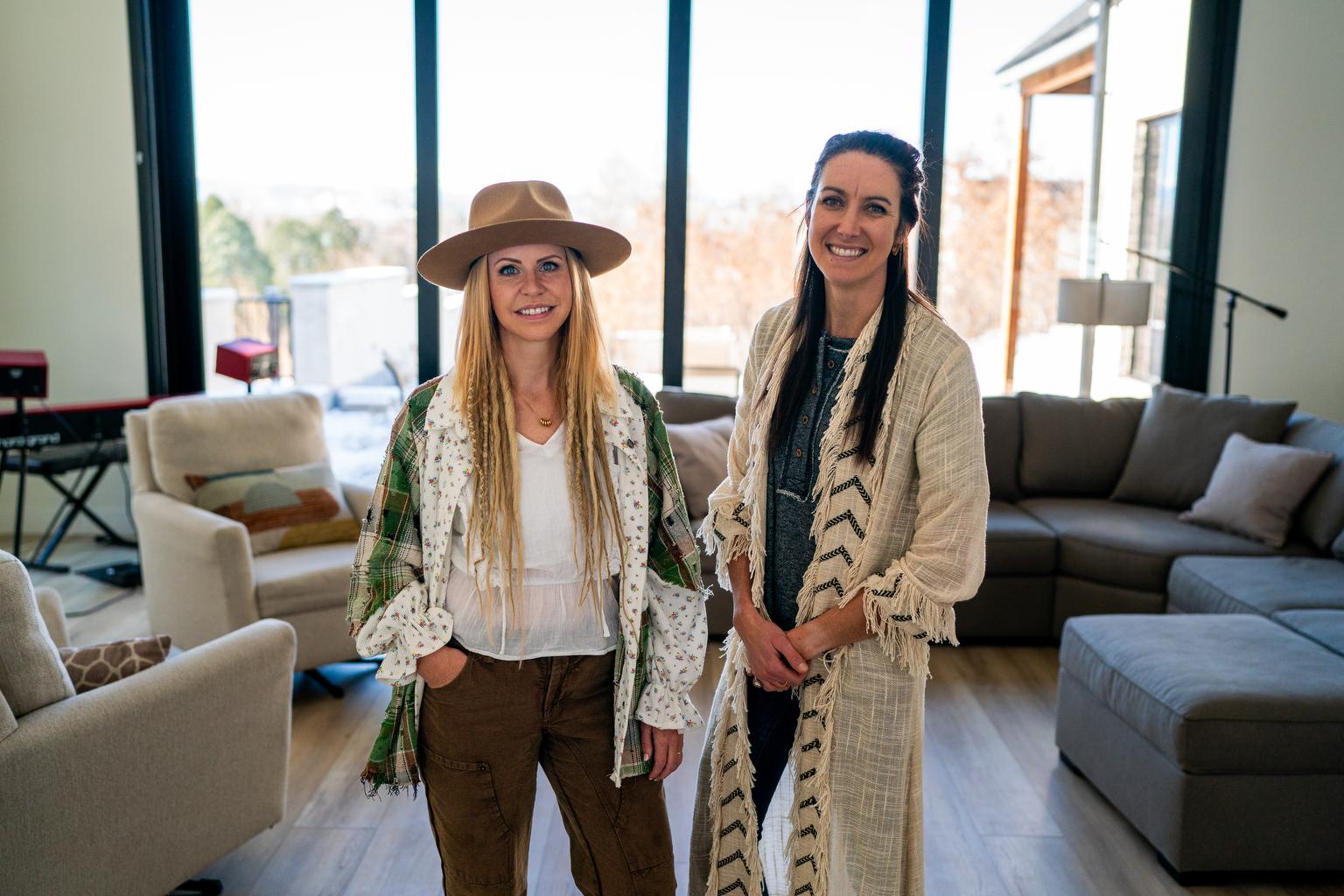
Colorado’s Department of Corrections is preparing to find new beds for hundreds of inmates after the private prison company GEO announced Tuesday it will close its facility in Colorado Springs in two months.
“Although we are disappointed by (GEO’s) decision, we are confident that as a department we will be able to manage the considerable impact of this change safely,” DOC Executive Director Dean Williams said in a statement Tuesday afternoon.
The state has 60 days to relocate 650 inmates from GEO’s Cheyenne Mountain Reentry Center. GEO’s move comes after Gov. Jared Polis announced in November that he intended to close the private facility as part of his 2020 budget request.
GEO Group spokesman Brian Miller said in an emailed statement that the company has had challenges retaining and recruiting staff at Cheyenne Mountain.
“We will work with the DOC to develop a transition plan and prioritize the health, safety and well-being of CMRC staff and residents,” Miller said in the email. “The state has made its intentions clear; that it wants to manage this population within its own facilities, and we will work with them toward that end."
Miller said the Colorado Springs facility has 180 employees and GEO will work with its staff on transition assistance.
The state paints a different picture of its interactions with the company. The DOC statement says state officials have been in ongoing conversations with GEO regarding its “inability to provide appropriate treatment, lack of offender programs, staffing level issues, and turn-over rate.”
Williams said he was surprised and disappointed in the short notice GEO gave the state.
“While we had been maintaining regular communications with the GEO Corporation regarding our serious concerns about their current operations and the terms of our contract with them, we had simultaneously been preparing for the very real concern that they would choose to rapidly close the facility,” Williams said.
To absorb the 650 inmates from Cheyenne Mountain, the state wants to reopen its Centennial South prison in Cañon City to house higher-security inmates from other Colorado facilities. Those inmates’ open beds would be filled by the medium-custody inmates from the Colorado Springs facility.
Centennial South was completed in 2010 to hold inmates in solitary confinement but was closed two years later as Colorado’s prison population declined and the state moved away from using administrative segregation. The facility can hold almost 1,000 inmates and has since been restructured to give inmates more human contact.
Williams said transferring 650 inmates is doable, but it isn’t an ideal situation. He estimates 300 inmates will be double-bunked, or put on gymnasium or day room floors temporarily. He said there is no other long-term solution besides re-opening Centennial South.
“There is no other place to put 600-some prisoners,” he said. “I understand there may be reluctance. There's some history about what that facility's about, but I've tried to assure the legislature and others that no, no, no, that, whatever that was built for, that's not how we're using it.”
In October, Democratic lawmakers on a task force studying the state’s prison population agreed to back a proposed bill that would cut the number of inmates held in private prisons by almost 30 percent by moving them to Centennial South. That measure will be introduced in the legislative session that starts Wednesday.
Colorado has three private prisons currently in operation, including the one in Colorado Springs. The other two are in Bent and Crowley counties, a spokeswoman with the DOC said.









